Industry information
Company News
- Honeycomb aluminum plate: the secret power behind lightness
- The responsibility of appearance in the aluminum ceiling industry, revealing the new trend of light luxury fashion!
- The Charm and Secrets of Aluminum Honeycomb Panels
- Honeycomb aluminum plate: the secret of being as light as a feather and as solid as a rock
- Aluminum curtain wall: the "fashionable coat" of modern architecture
Industry dynamics
- Aluminum Curtain Wall: The Transformation of Modern Architecture's' Outer Coat '
- The Counterattack of Aluminum Honeycomb Panels: The Secret Behind Lightweight Design Unveiled
- Aluminum veneer: the fashionable choice of modern architecture, revealing its charm!
- Characteristics and advantages analysis of perforated aluminum veneer in construction
- The aesthetic responsibility of the aluminum ceiling world, taking you to appreciate the beauty of space in one second!
Frequently asked questions
- How long is the service life of aluminum veneer?
- What issues should be noted in the production process of aluminum veneer?
- What environmental issues should be paid attention to in the production process of aluminum veneer?
- What is the future development trend of aluminum veneer?
- What is the difference between aluminum veneer and aluminum-plastic panel?
contact us
Mobile:+86 15627778610
Email: 2201229786
Address: No. 5 Binjiang Road, High tech Zone, Zhaoqing City, Guangdong Province
Can aluminum veneer be used for architectural garden design?
- Author: Xinlongtai Aluminum Industry (Guangdong) Co., Ltd
- Release time: March 8, 2025 03:57:23
- Click:0

Aluminum veneer is a lightweight, weather resistant, fire-resistant, and corrosion-resistant building material that has a wide range of applications in architectural garden design. Aluminum veneer can be used for architectural garden design, but it needs to be selected and matched according to specific circumstances. This article will provide a detailed introduction from multiple aspects to answer this question.
We need to understand the basic characteristics of aluminum veneer. Aluminum veneer is formed by rolling aluminum alloy sheets and then sprayed on the surface. Due to its lightweight, weather resistant, fire-resistant, and corrosion-resistant properties, aluminum veneer has a wide range of applications in architectural garden design.
Let's take a look at whether aluminum veneer can be used for architectural garden design:
1. Styling ability: The styling ability of aluminum veneer is one of the important factors to consider when it is applied in architectural garden design. Generally speaking, the molding ability of aluminum veneer is related to its thickness and shape. If aluminum veneer is needed as a garden decoration material on the exterior walls of buildings, it is necessary to choose thinner aluminum veneer and adopt appropriate design methods to improve its styling ability.
2. Installation stability: The installation stability of aluminum veneer is also one of the important factors to consider when it is applied in architectural garden design. Generally speaking, the installation stability of aluminum veneer is related to its material quality and structural design. If aluminum veneer is needed as the main load-bearing structure in high-rise buildings, high-quality aluminum veneer should be selected and appropriate structural design should be adopted to improve its installation stability.
3. Wind resistance: The wind resistance of aluminum veneer is also an important factor to consider when it is applied in architectural garden design. Generally speaking, the wind resistance of aluminum veneer is related to its shape and material. If aluminum veneer is needed as a garden decoration material in environments such as seaside or mountainous areas, it is necessary to choose aluminum veneer with strong wind resistance to enhance its stability and safety.
4. Corrosion resistance: The corrosion resistance of aluminum veneer is also an important factor to consider when it is applied in architectural garden design. Generally speaking, the corrosion resistance of aluminum veneer is related to its surface treatment method and material quality. If aluminum veneer is needed as a garden decoration material in coastal areas or environments with high humidity, it is necessary to choose aluminum veneer that has undergone anodizing and anti-corrosion treatment to enhance its corrosion resistance.
Aluminum veneer can be used for architectural garden design, but it needs to be selected and matched according to specific circumstances. By selecting appropriate thickness and shape, enhancing the installation stability of aluminum veneer, and improving its wind resistance and corrosion resistance, different architectural styles and usage environments can be met, creating beautiful, practical, and stable building effects. When designing decorative materials for architectural gardens, it is necessary to choose suitable materials and design schemes based on specific circumstances to ensure the quality and stability of the overall decorative effect.

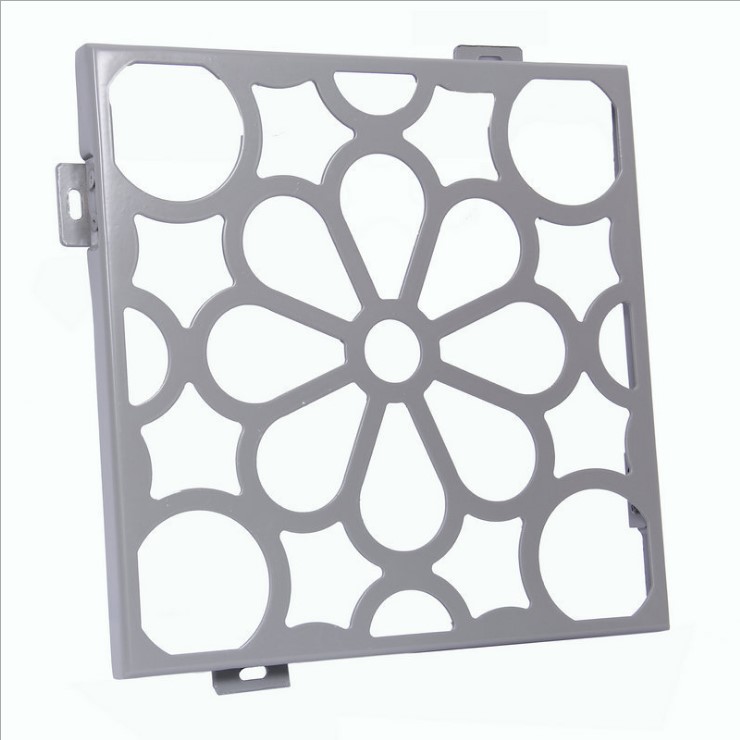
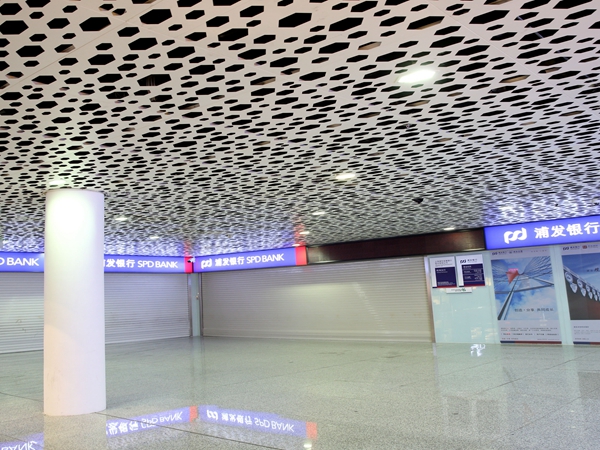

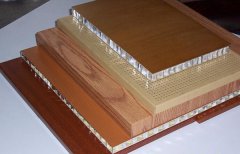
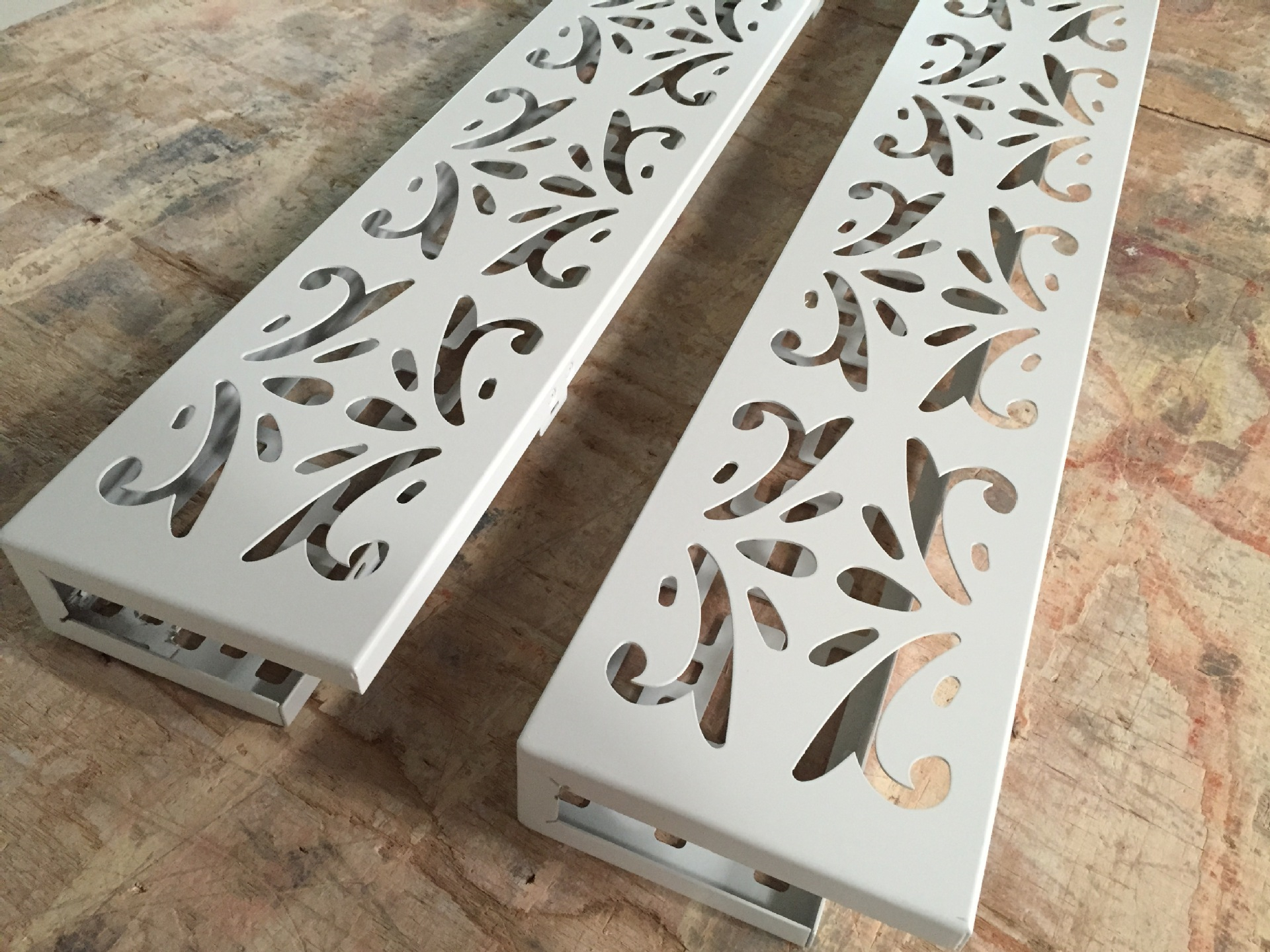
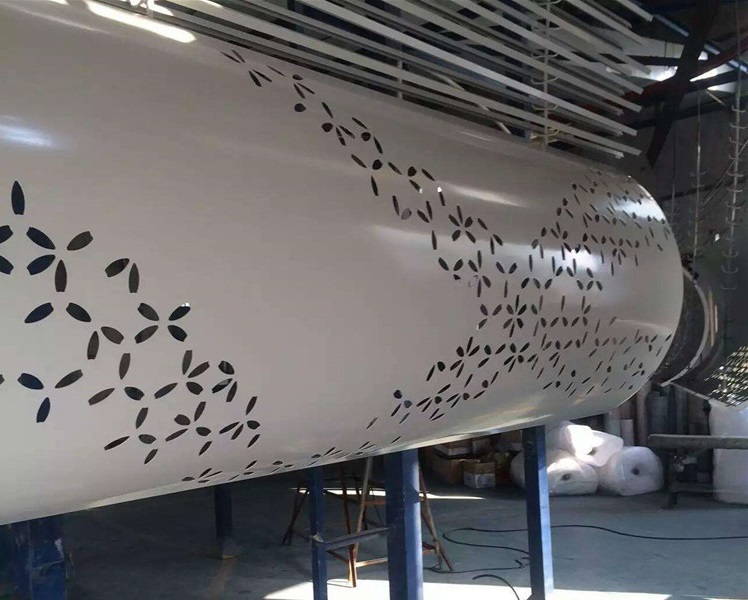
 Customer service QQ
Customer service QQ